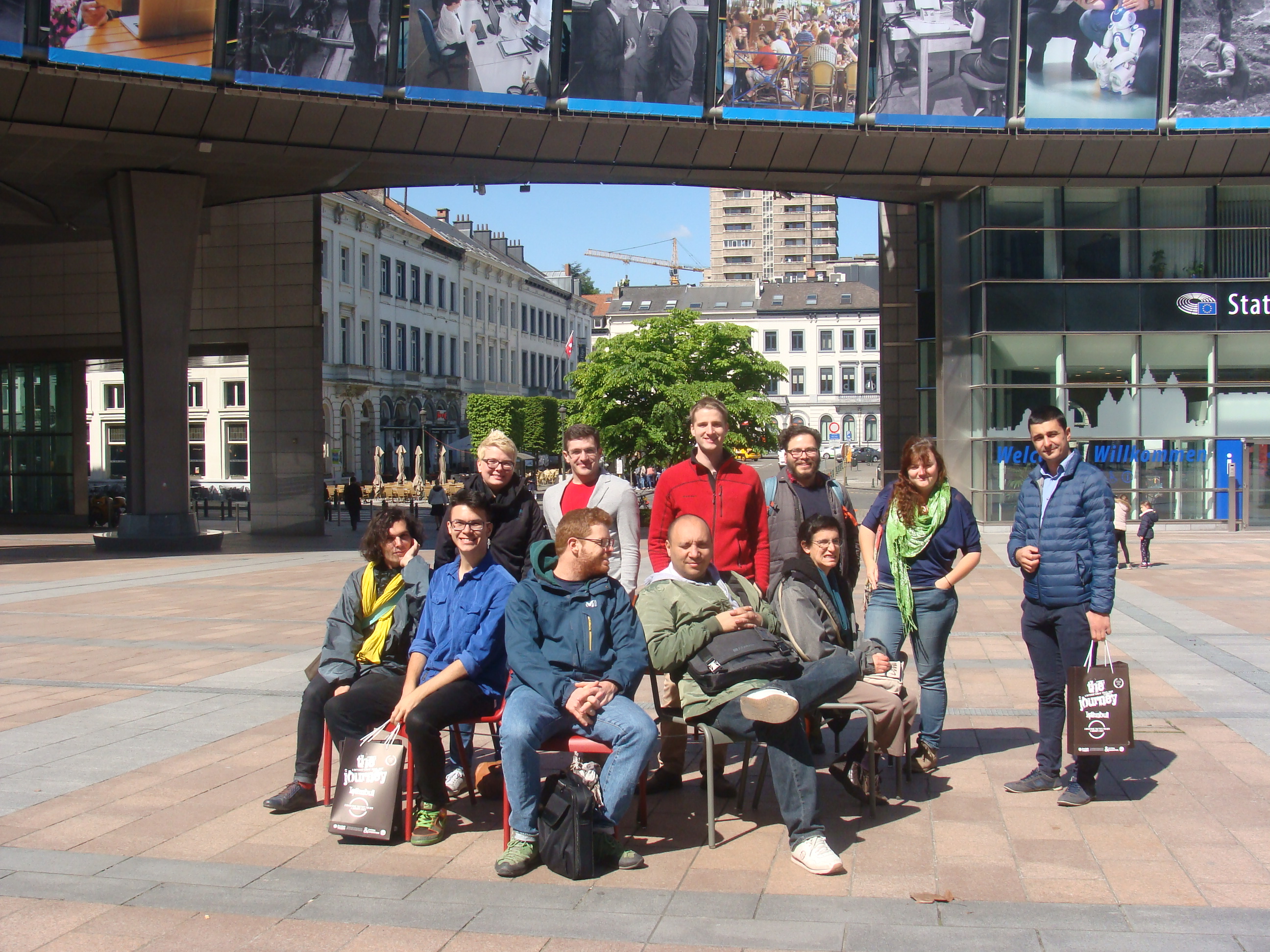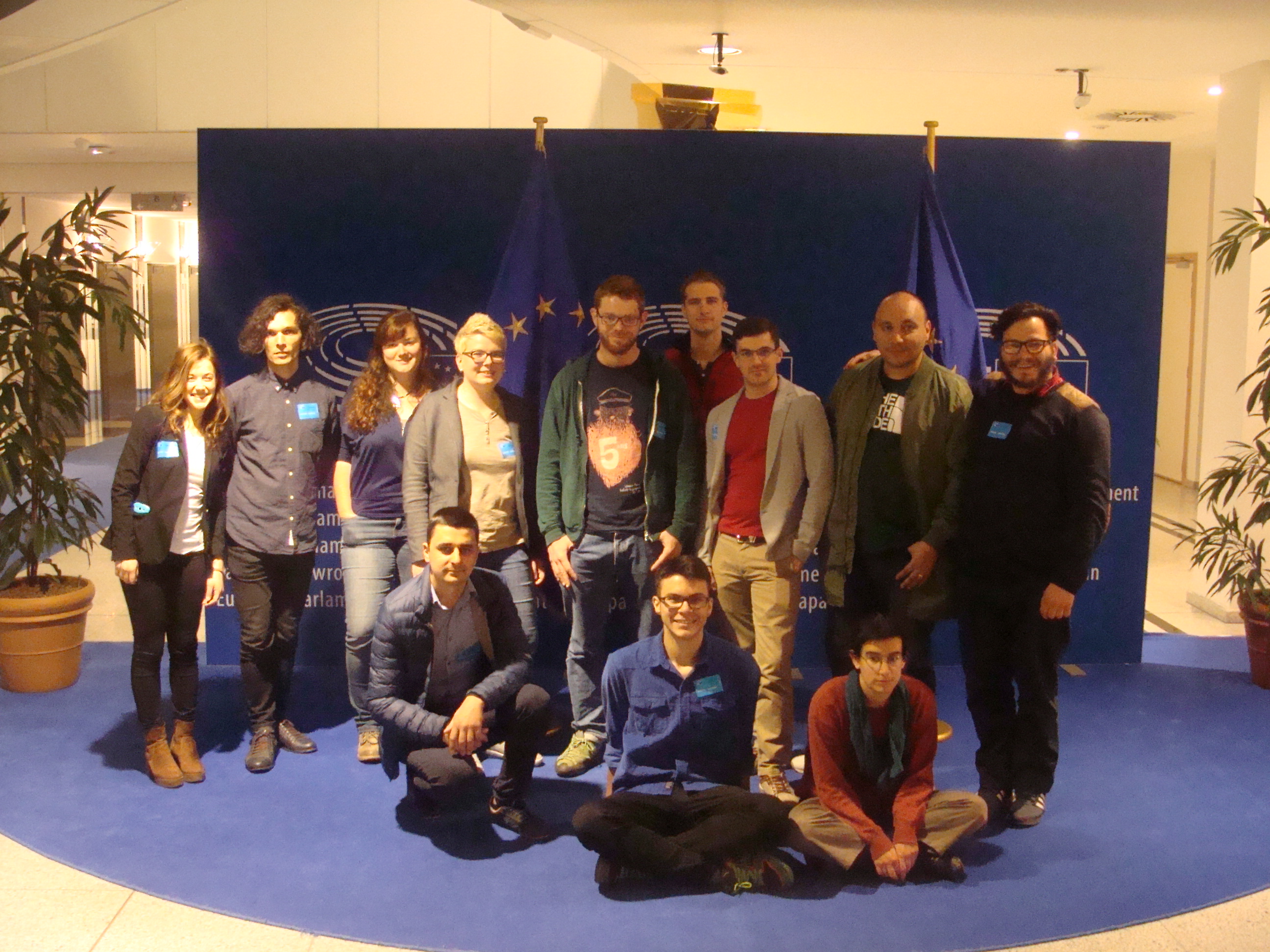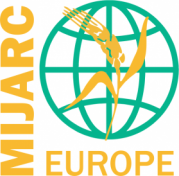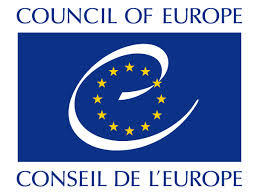The study visit was the first activity of the work plan and its main results was the creation of a group of 9 multipliers from 9 different countries who acquired the competencies to plan, implement and evaluate quality learning events for young people from rural areas on the topic of preventing radicalisation leading to violent extremism.
 The visit took place between 8th and 11th May and it included no less than 7 meetings with different institutions and experts in the field of extremism and radicalization. On the first day the participants had a Skype meeting with Mr. Menno Ettema- the European coordinator of the No Hate Speech Movement, which resulted in a better understanding of the campaign and how to become active nationally and locally, what tools CoE proposes for raising awareness online about hate speech, the importance of source criticism, and the protection of human rights online. The evening session gave the floor to the participants, as they presented the findings of their small scale research, highlighting what extremism means in their own local realities and also if they or their organization had any experience working with the topic before.
The visit took place between 8th and 11th May and it included no less than 7 meetings with different institutions and experts in the field of extremism and radicalization. On the first day the participants had a Skype meeting with Mr. Menno Ettema- the European coordinator of the No Hate Speech Movement, which resulted in a better understanding of the campaign and how to become active nationally and locally, what tools CoE proposes for raising awareness online about hate speech, the importance of source criticism, and the protection of human rights online. The evening session gave the floor to the participants, as they presented the findings of their small scale research, highlighting what extremism means in their own local realities and also if they or their organization had any experience working with the topic before.
 The second day included three visits: a meeting with the European Network Against Racism (ENAR), a meeting with MEP Mr. Ivan Jakovcic from Croatia and a meeting with the European Youth Forum (YFJ). At the end of the day, the participants were invited to share their thoughts and evaluate the day. They reported feeling a high distance between the local levels and the EU level, not feeling very connected to the work at European level, they discovered that some politicians had no idea about rural youth and the overall impression was that nobody seems to fight the causes of extremism but only the consequences.
The second day included three visits: a meeting with the European Network Against Racism (ENAR), a meeting with MEP Mr. Ivan Jakovcic from Croatia and a meeting with the European Youth Forum (YFJ). At the end of the day, the participants were invited to share their thoughts and evaluate the day. They reported feeling a high distance between the local levels and the EU level, not feeling very connected to the work at European level, they discovered that some politicians had no idea about rural youth and the overall impression was that nobody seems to fight the causes of extremism but only the consequences.
The third day took the participants to a meeting with the City Council of Molenbeek, a visit to the Belgian Federal Public Service Home Affairs General Directorate Security & Prevention who implemented the Bounce project and a meeting with the Radicalization Awareness Network (RAN). The wrap-up session for the day was arranged as an open discussion.
 The last day of the study visit was the day of summarizing and setting next steps for moving forward. The participants learned how to facilitate in a multicultural group and then were split in groups to prepare the seminar: one group worked on the content and planning of the international seminar while the other group focused on tools and learning outcomes for future trainings and local work. The last session focused on analysing the learning objectives and the extent to which they had been achieved and on evaluating the study visit as a whole.
The last day of the study visit was the day of summarizing and setting next steps for moving forward. The participants learned how to facilitate in a multicultural group and then were split in groups to prepare the seminar: one group worked on the content and planning of the international seminar while the other group focused on tools and learning outcomes for future trainings and local work. The last session focused on analysing the learning objectives and the extent to which they had been achieved and on evaluating the study visit as a whole.
The idea of a study visit was well received by our member movements who actually felt that this is the kind of activity that makes it worth being part of a network. They appreciated the opportunity to visit European organisations and institutions as well as local authorities in Brussels, because it was something that they could not have planned on their own. The visit succeeded in giving participants valuable access points in European organisations and international NGOs and in presenting research and examples for combating radical propaganda and forms of hatred based on intolerance online and offline. Finally, three of the participants joined the team who prepared the next phase of the workplan and all of them took back the experience and the knowledge in their local movements.
The study visit was part of our annual work plan “Radically against extremism” which is supported by the European Youth Foundation of the Council of Europe. A unique foundation supporting activities developed with, for & by young people. The plan is also co-financed by Renovabis.


